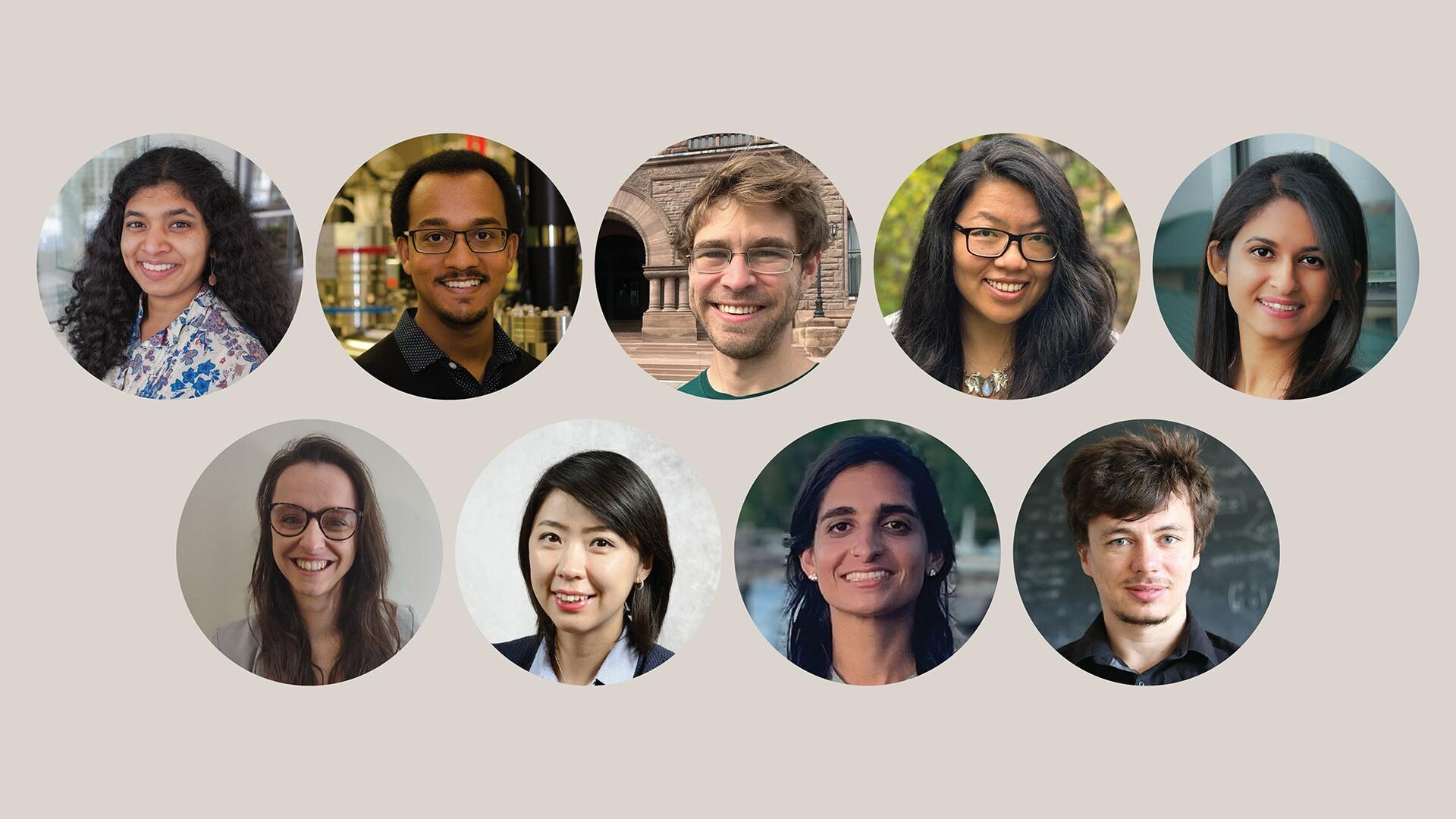- 1 of 15 View: Taxonomy term (Current page)
- 2 of 15 View: Taxonomy term
- 3 of 15 View: Taxonomy term
- 4 of 15 View: Taxonomy term
- 5 of 15 View: Taxonomy term
- 6 of 15 View: Taxonomy term
- 7 of 15 View: Taxonomy term
- 8 of 15 View: Taxonomy term
- 9 of 15 View: Taxonomy term
- …
- next › View: Taxonomy term
- last » View: Taxonomy term
